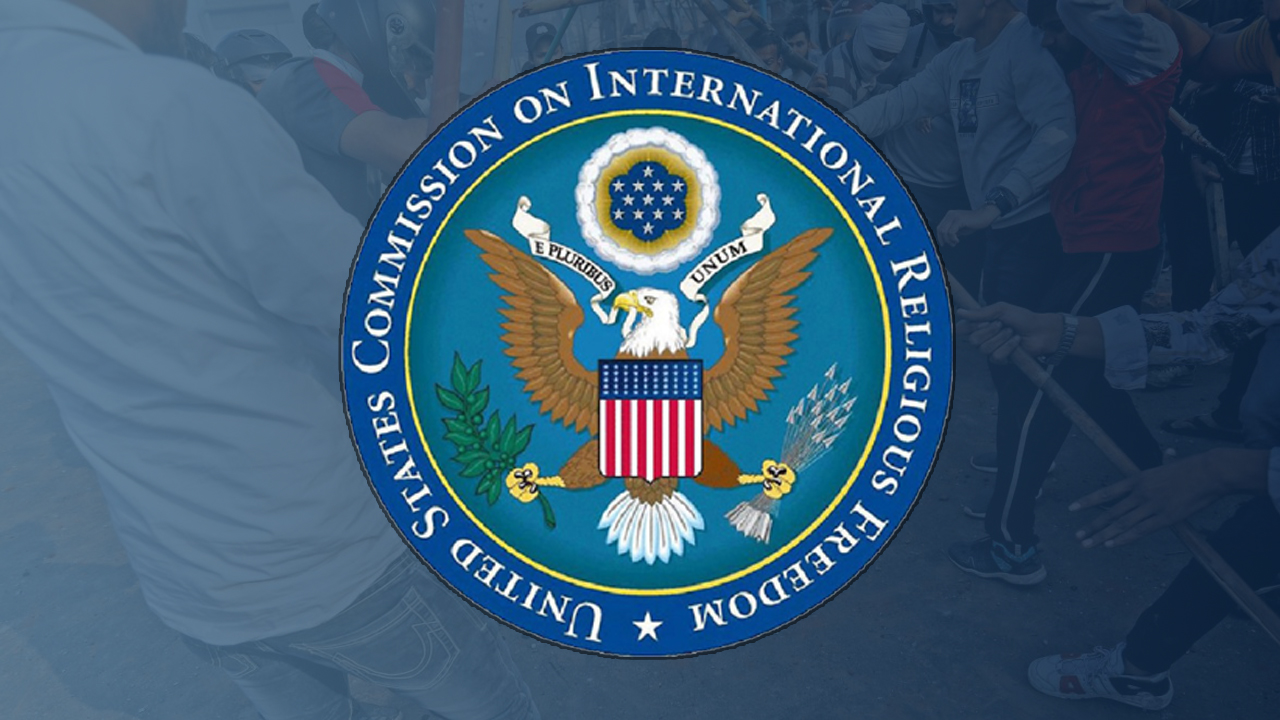SOURCE: AFI

The United States Commission on International Religious Freedom (USCIRF) has drawn criticism for its stance on India’s Citizenship Amendment Act (CAA). USCIRF has expressed concerns regarding the CAA’s limitations, arguing that it should extend its benefits to persecuted minorities from Pakistan, Afghanistan, and Bangladesh – a position seen by some as hypocritical.
USCIRF’s primary concern centers around the exclusion of Muslims from the CAA’s ambit. The act provides a pathway to Indian citizenship for persecuted minorities from neighboring countries, excluding Muslims. This selectivity, according to USCIRF, raises questions about religious discrimination.
Critics point out USCIRF’s seemingly contradictory approach. The same commission advocates for the Lautenberg Amendment, which restricts US aid to countries with poor records on religious freedom – including Iran. The Lautenberg Amendment specifically protects religious minorities in Iran, a country with a significant Muslim population facing persecution.
This inconsistency raises questions about USCIRF’s motives and potential bias. Critics argue that if USCIRF genuinely prioritizes religious freedom, it should uphold the same standards for all countries, including India and Iran.
The perception of USCIRF having “one rule for America and another for India” stems from this apparent contradiction. Critics see USCIRF’s stance as potentially influenced by geopolitical considerations rather than a purely objective commitment to religious freedom.pen_spark